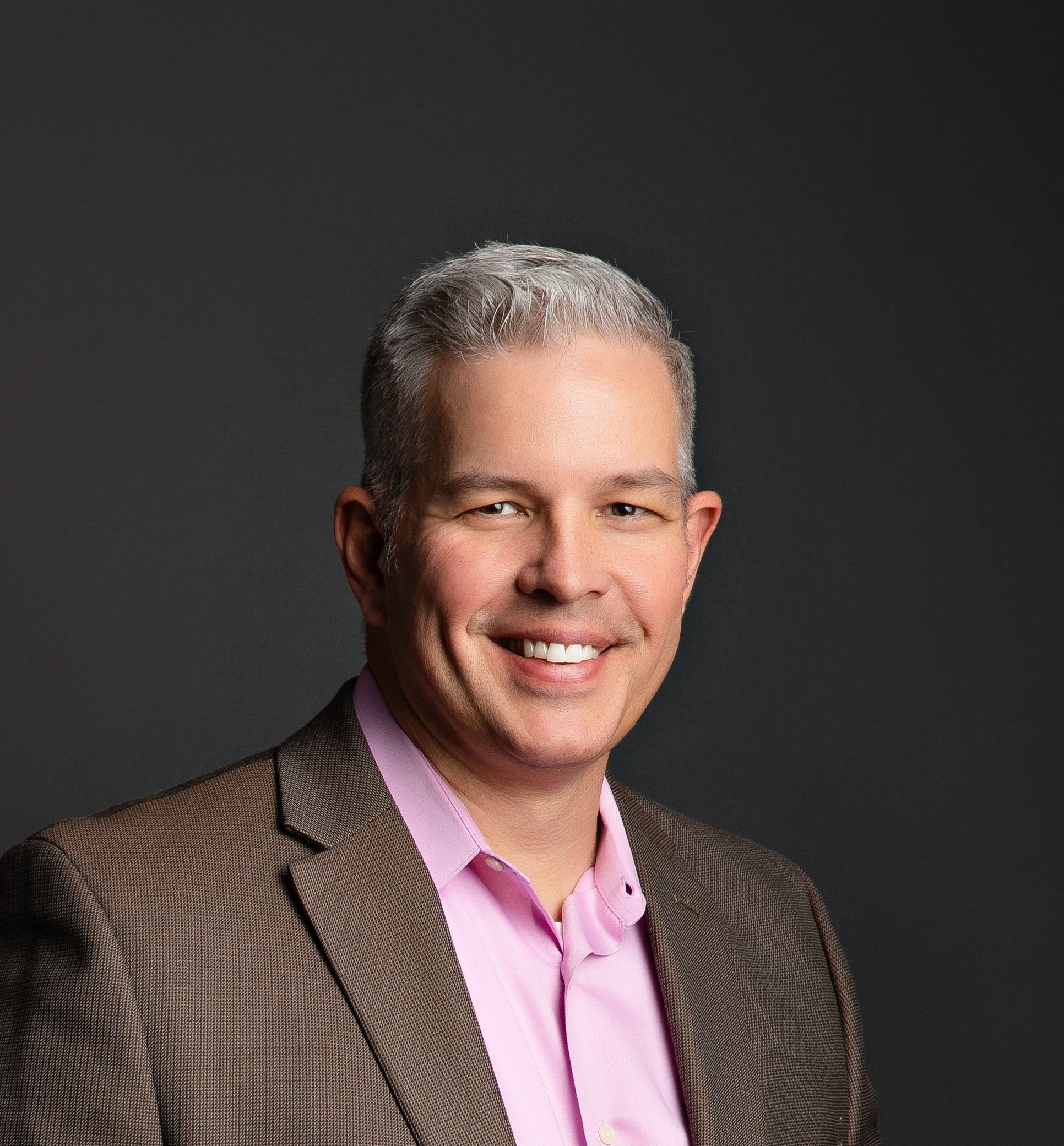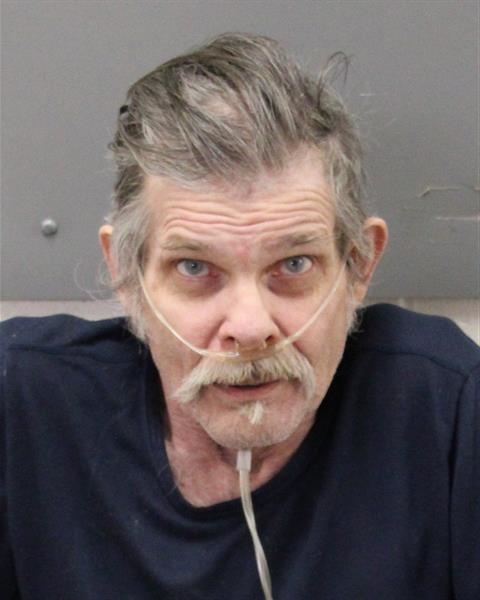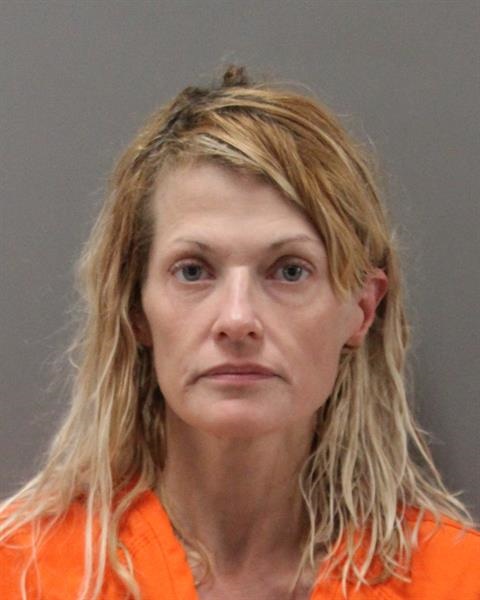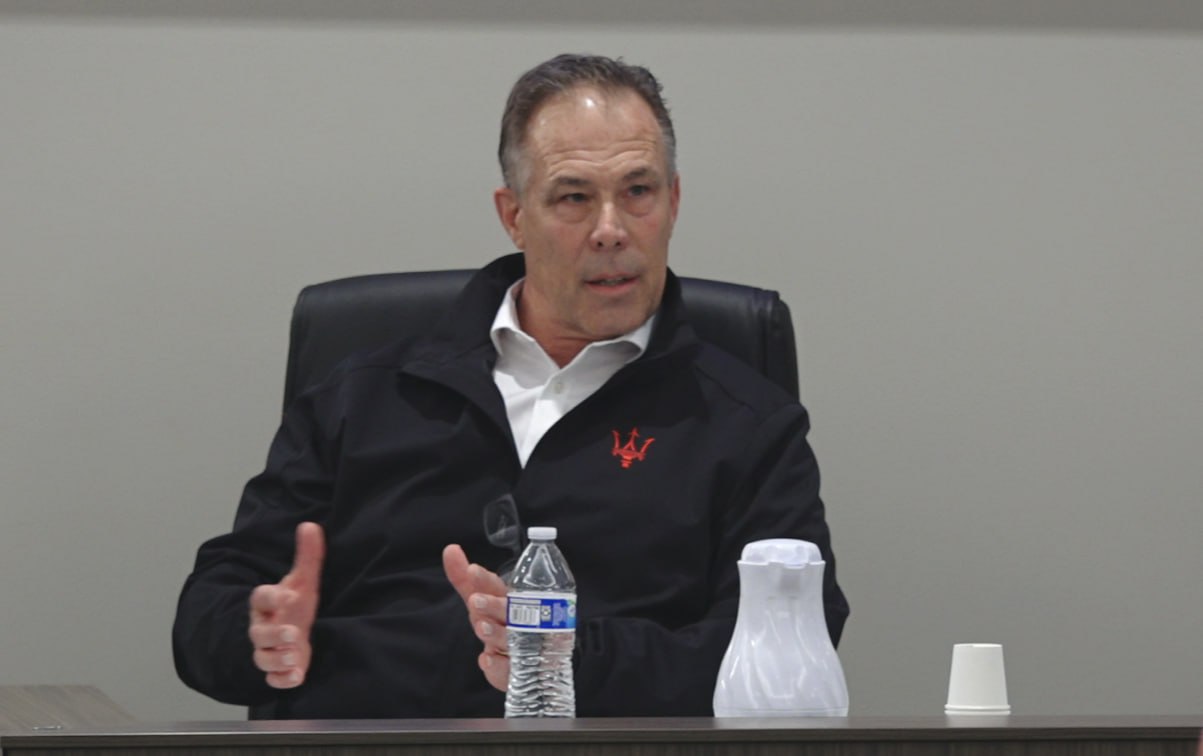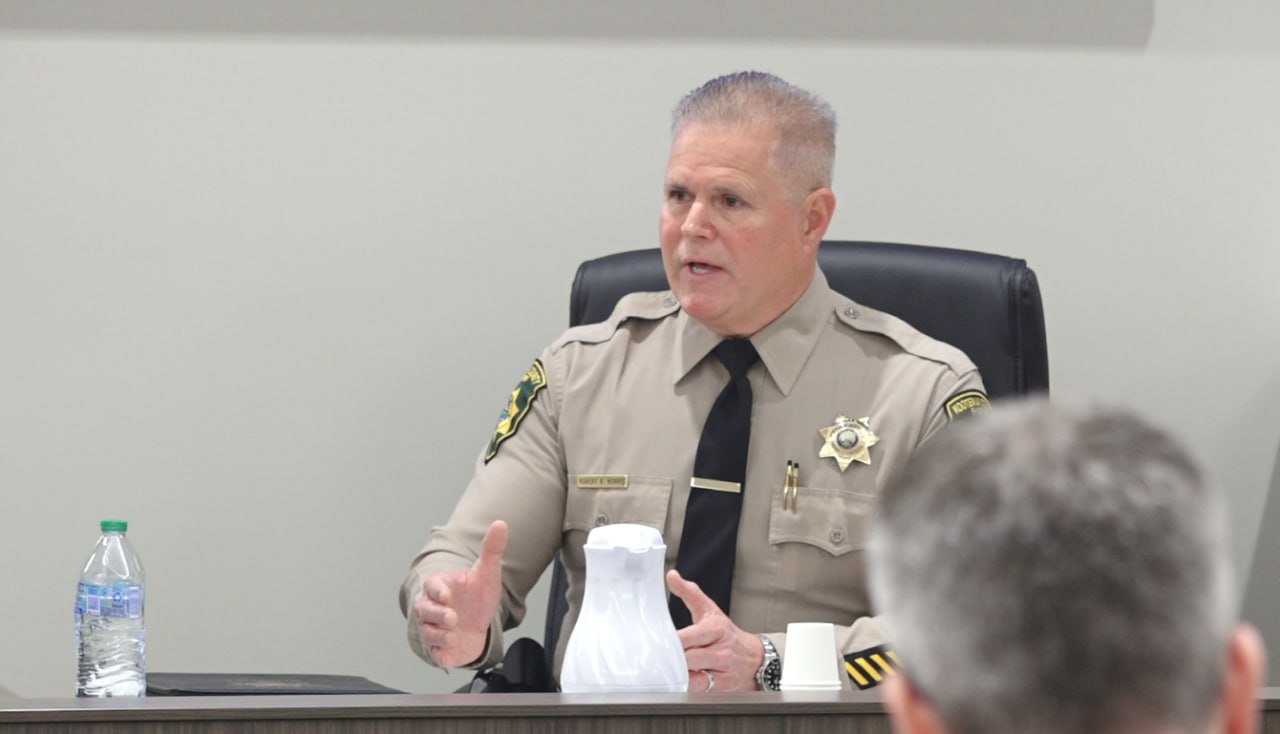Message from Bruce Mattare, Kootenai County Commissioner, District 2
Is it an automatic “No!” for law enforcement technology?
“YES!” That’s the answer some people would say – irrespective of the facts.

I received an email recently from a concerned constituent about the use of license plate readers. This has become a growing topic of discussion, especially after a group placed an advertisement urging people to attend a county budget hearing to protest against this technology. Below is my response to this constituent about her concerns.
The issue of license plate readers is one I struggle with.
Growing up in the Washington D.C. area and watching it turn into a full-blown surveillance city was difficult. I have serious problems with the government accumulating information on its citizens. Having built software from scratch for my business, I understand intimately how the accumulation of data can be used for the wrong reasons. With that said, there is another side to this that must be reasonably evaluated.
Few people realize that this system was started and approved as a separate Business Meeting line item with the previous Board of County Commissioners (Fillios, Brooks, and Duncan – here’s the video of that meeting in 2019 when they accepted a grant to install this technology on a Sheriff’s Deputy vehicle. FYI: Since that meeting, there was absolutely no follow up by any of the commissioners who approved this technology to see how effective it was or if it had infringed on any citizen’s civil rights.
While it seems like every government agency (including here) and large businesses are accumulating data on everyone (and they are), one has to look at how the license plate data can be used to compromise civil liberties. As you know, the courts have ruled that what you do in public is not private. That’s settled. But does it mean that this community needs to participate in further data collection? There are pros and cons to that question and I hope to address a couple of them.
License plate readers can only capture a snapshot of where you were at a specific time. They cannot tell anybody what other roads you traveled in-between plate readers, and they cannot identify who was driving the car at that particular time. For law enforcement, the readers are a significant tool to find a wanted plate. I say plate because there is a distinction between a license plate and the car’s occupants.
If Spokane law enforcement notifies Kootenai County of dangerous criminals heading our way, license plate readers can give law enforcement a heads up as to where they are. If a child is abducted and a bystander gets a license plate number, it gives law enforcement a significant advantage in finding the car (with the child) before something bad can happen. If there is a missing elderly person who drove off and did not return home, there is a greater chance that person can be found prior to something bad happening because law enforcement has a direction of travel from which to initiate their search. If there are criminal activities at homes and/or businesses, license plate readers can play a significant role in the capture of these criminals. In fact, they already have helped in many ways here.
The next issue I look at is how can these license plate readers be used to erode our citizens’ civil liberties. Like I mentioned before, the license plate readers only capture license plates at a specific location and time. They do not identify who is driving and cannot draw an accurate travel line on a map as to where that license plate went in our county.
Here are the real threats to your civil liberties.
Your Cell Phone
It tracks you constantly, even when you put it into airplane mode. The cell carriers know your almost exact location due to cell tower triangulation at all times. You can draw a specific line on a map to see your exact movements. This data is captured and sold to other companies AND the government. The only way to stop this tracking is to either remove the battery, which is almost impossible on newer phones, or put your phone in a container that blocks all signals.
Your Car
It tracks you continuously. Leave your cell phone at home, but your car logs everything you do and where you go. Since 2014 all new cars were required to capture this information, and because the manufacturers capture your information, they make money by selling it and provide access to law enforcement.
But, it gets worse. OnStar and other vehicle manufacturers can remotely turn on the microphones in your car and listen to your conversations. This capability has been available since its inception. In one case, the FBI listened in on a conversation, but it was inadmissible in court because the car owners actually paid for their OnStar subscription. Fortunately, the courts took issue with the FBI’s practice, but it’s only getting more intrusive.
Ford just submitted a patent to listen to your conversations to sell advertisements to you. Between your phone’s microphone and your car, there is no place left for privacy, and nobody needs to listen to your conversations. Instead, speech to text software will convert it to text and then AI technology may be able to look for patterns and/or keywords to profile you. It’s truly frightening.
With respect to the issue of license plate readers, I look at how long the technology has been in place in Kootenai County and if there is any evidence that it’s being (or has been) abused by law enforcement. Like I mentioned, the license plate readers have been in place here for 16 years and the previous Board of County Commissioners approved the pilot program for a patrol car to have this device.
My conversations with deputies suggest this technology has helped to identify and catch a lot of bad guys over time. I cannot find (nor have I heard of) one civil rights abuse on a Kootenai County citizen throughout this 16 year time. If you have, please let me know.
So, now as your commissioner, I am faced with weighing the “good” that can be had in our community by providing a tool installed on Sheriff’s Deputy vehicles to catch bad guys, find missing elderly people, and possibly catch a child abductor prior to the child experiencing harm with weighing how this technology could infringe on county citizens’ civil liberties. With no evidence of abuse, it’s hard to argue against the good it can and has done for our community.
To further help in the decision-making process, I invited Doug Balija (a Kootenai County Republican Precinct Committeeman) to a meeting with the Sheriff’s Office and Motorola (the company that makes this technology) to ask any question he might have about this technology and how it can be abused. The Motorola rep answered every question and even explained how the system was able to track down Trump’s second alleged assassin within minutes after the tag number was entered into its system after the tag number was provided to law enforcement by a witness to the event at the golf course. I would encourage you to reach out to Mr. Balija and ask him about that meeting.
Also, the Sheriff has agreed to hold town halls and discuss what this technology can do and how it has helped to make the community a safer place. He also plans to address the systems in place to prevent it from being abused and discuss how the federal government and other outside agencies cannot have access to it unless there is a warrant from a judge.
Further, because of my good relationship with our Sheriff, I was able to advocate that he develop a destruction policy to delete this data after a certain time period. Something previous county commissioners have not done.
Currently, there is no destruction policy and all of the license plate data from 16 years ago is still accessible. I also suggested that the Sheriff’s Office hold annual meetings to discuss how this technology is helping to solve crimes and ensure that citizens’ civil liberties are not being violated. By having this type of annual community engagement, it helps to ensure that future county commissioners are aware of the technology and can decide if they want to appropriate money in a future budget. If they do not, the program effectively ends.
In conclusion, I am very much concerned about the government accumulating data on its citizens. It’s important that we as a people remain vigilant with our elected officials and ensure that abuse is not happening at any level of government. While it’s difficult to have a voice at the national level, it’s much easier to have one locally.
I would also encourage you to reach out to the local cities and state legislators on this issue. Post Falls and Coeur d’Alene police departments are already using this technology. Furthermore, Idaho State Police has it installed on its cars. I have not heard of any pushback by citizens on this issue for those jurisdictions.
I hope to see you at a town hall and to hear more questions from you about this system, whether it has ever been abused, and what it has done over the years to help keep the quality of life high in Kootenai County. Your involvement in this process and understanding the pros and cons can ensure you’re making the best informed decision possible.
Again, thank you for your concern and comments. Please feel free to contact me anytime.
Editor’s Note: This message was originally published on Mattare’s blog, and is republished with minor edits for Kootenai Journal readers. Mattare was elected in the 2022 November election to a four-year term, and can be reached at bmattare@kcgov.us.

